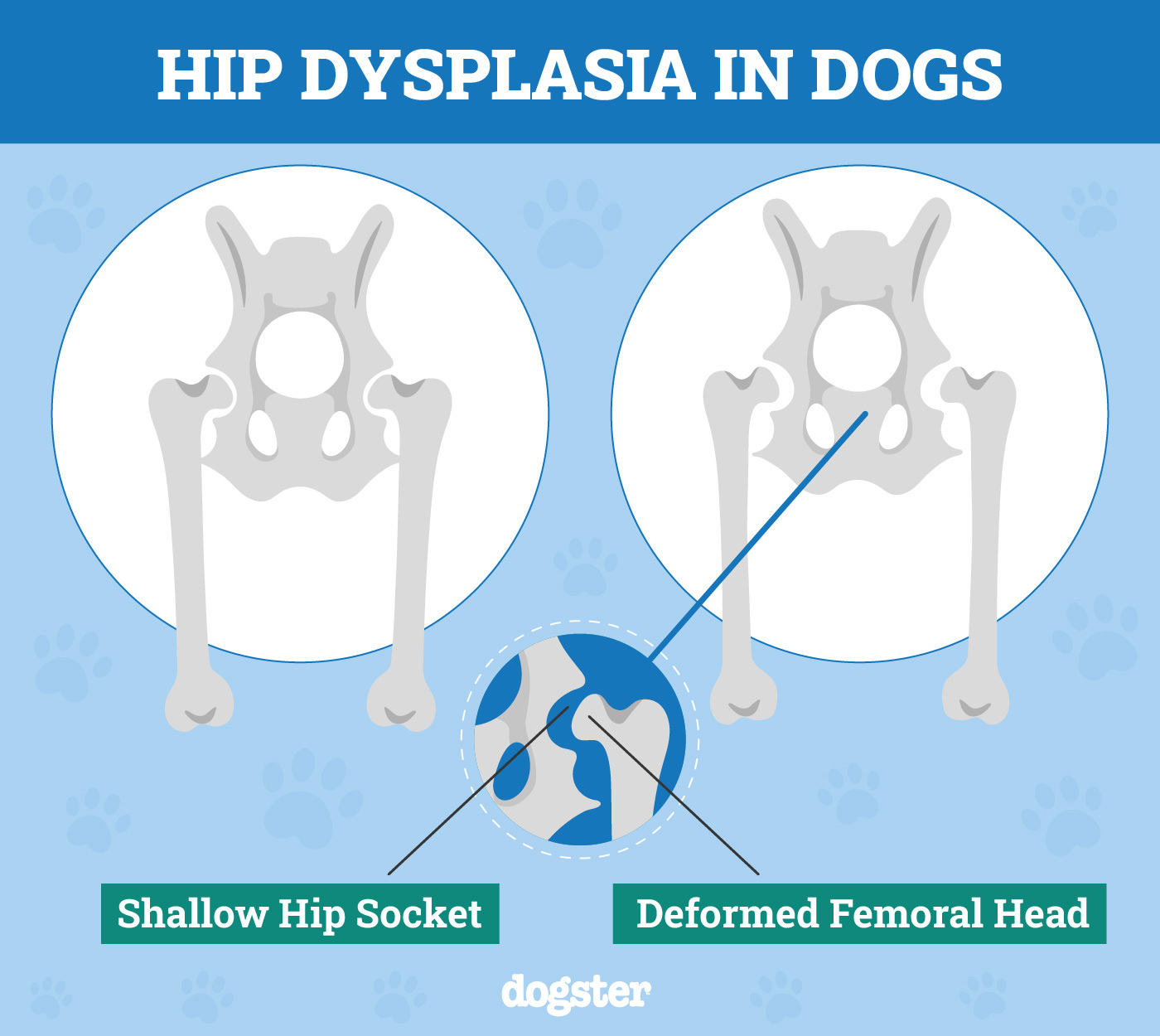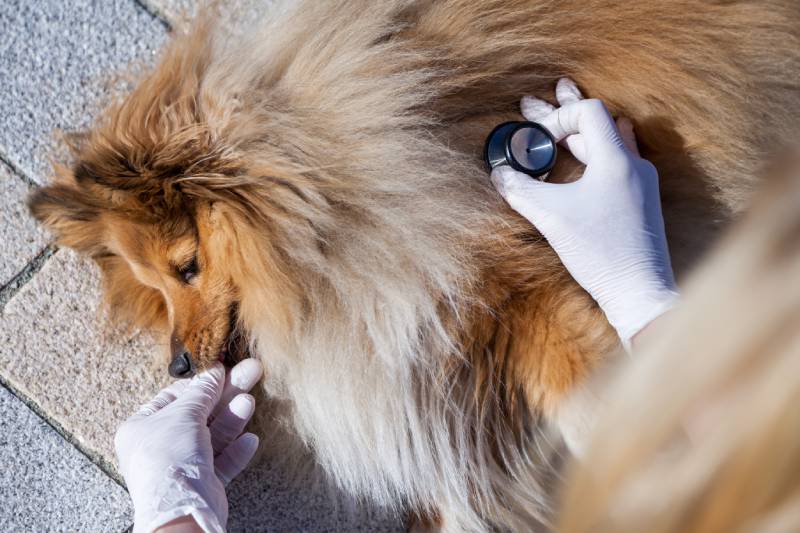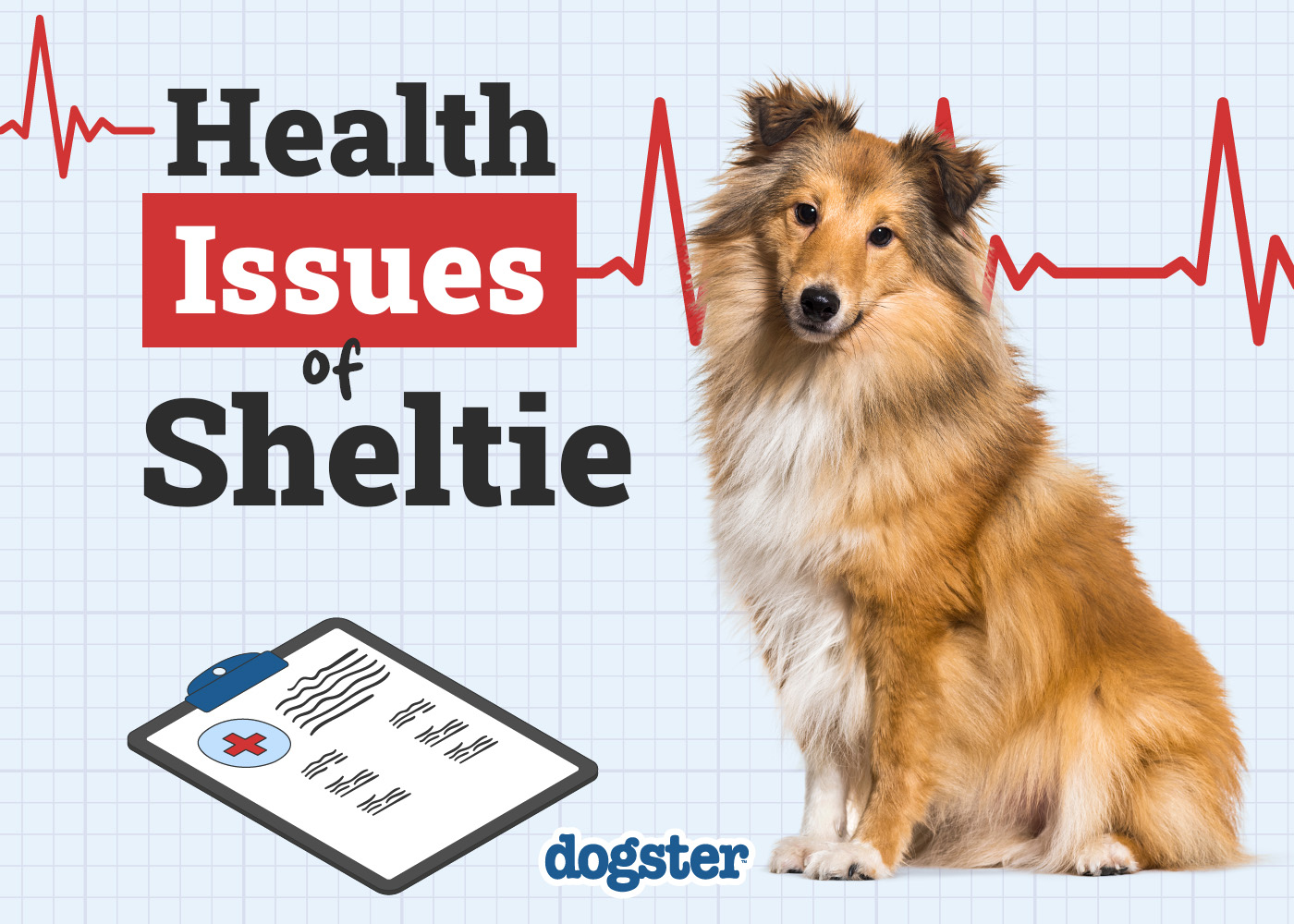As the birthplace of the diminutive Shetland Pony and the compact, sheep-herding Shetland Sheepdog, the Scottish Isle of Shetland has a reputation for liking things small! More commonly known as the Sheltie, the Shetland Sheepdog is often mistaken for a miniature Rough Collie, but it is actually a distinct breed. Like the Shetland Pony, the Sheltie was bred for work on small farming properties. Its intelligence, adaptability, and agility make it a popular working breed. Their smaller size meant that they fit in well in smaller homes and were adept at steering livestock from narrow places.
Over time, this active, affectionate, and highly trainable breed has become a popular pet, with its herding duties largely taken over by the Border Collie. The Sheltie has enviable statistics when looking at breed qualities, such as being good with children and dogs 1. With only moderate shedding and grooming needs and having a playful but protective nature, it’s hard to find fault with these endearing dogs.
Weighing around 15–25 pounds, and with a life expectancy of 12–14 years, the Sheltie is generally a healthy breed, but there are a few health concerns that they are predisposed to. Let’s take a look at the problems we might encounter when welcoming a Shetland Sheepdog into our hearts and home.

The 7 Sheltie Health Problems
1. Eye Problems
Collie Eye Anomaly (CEA) is a genetic condition found in most Collie breeds, and it affects the development of the retina, sclera, and choroid (blood vessels supplying the retina). It leads to the abnormal development of ocular structures and can result in blindness.
CEA has been the focus of selective breeding for many years in an attempt to reduce the incidence of this genetic trait. Until recently, this relied largely on examining litters for signs of CEA to identify carriers of the gene, but DNA testing is now able to identify individuals before they breed, which means there is a much greater chance of eliminating this problem entirely.

2. Hypothyroidism
Hypothyroidism is an endocrine (hormonal) condition in which the thyroid gland does not produce enough of the hormone thyroxine. This condition results in lethargy, weight gain, poor skin and coat quality, and impaired immune function. Fortunately, it is a disease that is non-life-threatening and well-managed once diagnosed.
2. Hip Dysplasia
Hip dysplasia is one of the most commonly seen orthopedic problems in dogs, and it is seen in a wide range of breeds. The Sheltie is not among the most commonly affected, but it is a condition that can be seen in this breed.
Hip dysplasia describes the poor confirmation of the hip joint, which can result from the hip socket being too shallow or the wrong shape or angle, or the head of the femur being the wrong shape. Dogs with mild cases of hip dysplasia will likely suffer from degenerative joint disease (DJD) and osteoarthritis (OA) at some stage of their lives, due to the increased movement within the joint.
Severe cases of hip dysplasia can result in severely impaired mobility, weakness, and pain. In these cases, surgical intervention is almost always required to ensure normal function. There is no genetic testing for hip dysplasia, but responsible breeders will have their dog’s hips assessed prior to breeding.

4. Epilepsy
Also known as idiopathic epilepsy, this is a seizure disorder that typically presents in dogs between 6 months and 6 years old. The seizures can vary in intensity and frequency but will often worsen over time. The “idiopathic” part comes from the absence of a specific cause, which means that infectious, inflammatory, metabolic, toxic, or anatomical causes of seizures have been ruled out. Unfortunately, there is currently no DNA screening test for epilepsy.
If you’re concerned about your pet’s health, you should contact a vet.
If you need to speak with a vet but can't get to one, head over to PangoVet. It's our online service where you can talk to a vet online and get the advice you need for your pet — all at an affordable price!
5. Biliary Mucocele
This is a condition of the gallbladder where the development of a thick secretion forms into an obstruction. Shelties are one of the most common breeds affected, and those with hypothyroidism are at even greater risk.
Biliary mucoceles can result from infection, liver or kidney disease, and feeding high-fat diets. Clinical signs include abdominal pain, vomiting, inappetence, lethargy, and fever. If diagnosed early, this condition can be managed with medication to help empty the gallbladder, but it often requires the gallbladder to be removed (cholecystectomy).

6. Dermatomyositis
This is a severe, but fortunately rare, disease that primarily affects Collie breeds under the age of 12 months but can affect other breeds as well. The clinical signs and effects of this disease will depend on the location and severity of the lesions, but usually produces crusty, ulcerated lesions around the eyes, mouth, and ears, and can also extend to the feet, paws, and nail beds. The condition can also affect muscle tissue in varying degrees, from mild inflammation to severe atrophy.
Diagnosis is usually via muscle and skin biopsies, and treatment involves the use of immunosuppressive medications, topical treatments, and avoiding too much UV light. In milder cases, the disease will often settle or resolve, but severe cases may require lifelong management or even euthanasia. The breeding of dogs affected by this condition is strongly discouraged.
7. MDR1 Deficiency
This isn’t a disease, but within the Collie breeds there is a higher incidence of this condition. The MultiDrug Resistance 1 Gene (MDR1) is involved in the processing and metabolism of certain toxins and drugs. Dogs that lack this gene, like some Collies, are more sensitive to drugs like Ivermectin, a common ingredient in many anti-parasitic medications. Fortunately, most of these drugs have now been formulated to be safe for use even with MDR1 deficient dogs, although caution is still advised.

Final Thoughts
The Shetland Sheepdog, or Sheltie, is an undeniably sweet, intelligent, and affectionate breed that would fit in well with most families. As a breed, Shelties are generally considered to be quite healthy, but there are a few conditions that they are somewhat predisposed to.
Fortunately, most of them have reduced in incidence with selective breeding programs and genetic testing. So, if you are looking for a friendly, active, and obedient best friend, you won’t go too far wrong with a Sheltie.
Featured Image Credit: Nehris, Shutterstock























